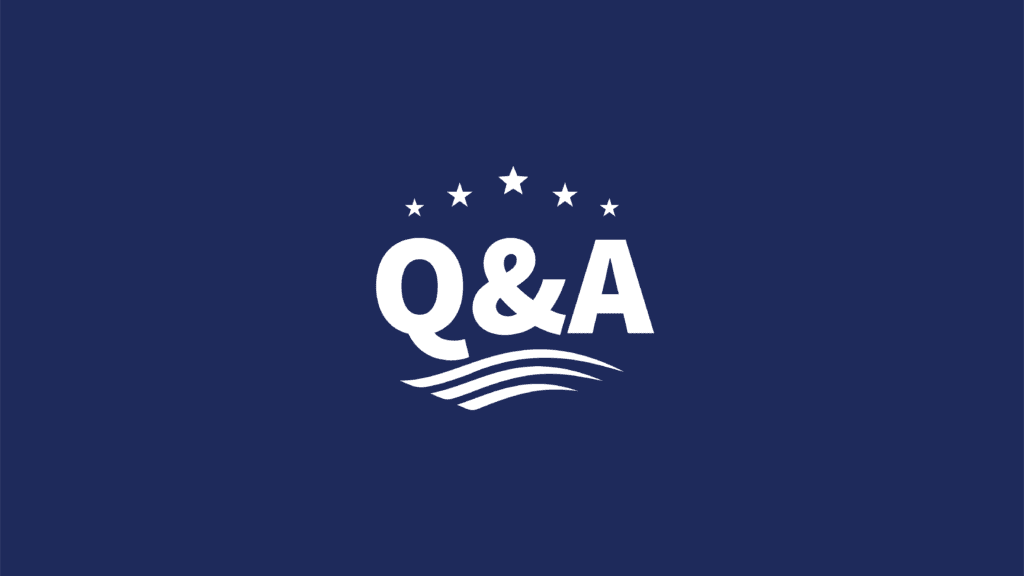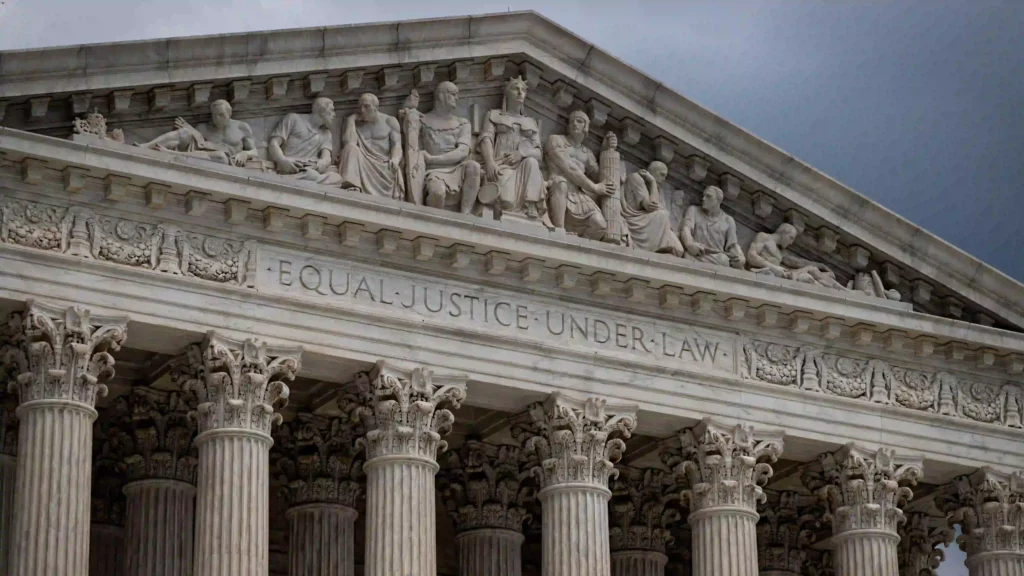

Insights & Takeaways is Sutherland Institute’s official blog that informs the public and policymakers alike. The blog addresses important issues through the two distinct yet complementary lenses of the seasoned policy professional and the engaged citizen.
 Insights: analysis, research, and informed commentary from Sutherland experts. For elected officials and public policy professionals.
Insights: analysis, research, and informed commentary from Sutherland experts. For elected officials and public policy professionals.
 Takeaways: the most important things voters need to know. For civically engaged citizens.
Takeaways: the most important things voters need to know. For civically engaged citizens.
Ninth Circuit affirms religious freedom in California student group case
School district’s hostility toward religious student group shows there’s much to be done outside of court to ensure that government institutions protect pluralism.
Coverage of LDS Church tithing lawsuit is missing some key details
While good legal reporting is no simple feat, the people’s civic understanding could benefit from improvements in coverage of cases that impact core constitutional rights.
Tithing lawsuit and church autonomy
On issues of internal church disputes, the government should continue to honor the church autonomy doctrine and allow the faith community to handle it from within.
First Amendment requires courts to stay out of tithing dispute
Church autonomy doctrine prevents the government from “taking sides” in internal disputes so that churches are given broad freedom to act in their own sphere.
How AI could prevent teacher burnout
Some teachers have found that AI platforms can reduce the time and prep work of teaching.
How people of faith have shaped America’s Constitution
There would be no United States without the pursuit of religious freedom.
Why we need to ‘give the Devil the benefit of law’
The framers of the Constitution tried to enshrine the principle of the rule of law, because temptations to circumvent the law are hard to confine to only one circumstance. Even noble exceptions can be used by bad actors to inflict serious harm on others.
Q&A: Junior Achievement is for home-schoolers too
Junior Achievement is a nonprofit that aims to help elementary and secondary students – in traditional or nontraditional school settings – learn principles of finance, economics and entrepreneurship.
Increasing choice in higher ed: 3 alternatives to traditional college
As Utah diversifies its K-12 education programs with choices, we should take note that the state’s colleges and universities are doing the same.
College preparation shouldn’t exclude religious learning
As Minnesota and other states attempt to tighten regulations around religious schools, Utah leads on educational opportunity.
Anti-religious legacy of Blaine Amendments persists
As Minnesota and California show, some places are slow to get the message that the state doesn’t get to single out religious practice for disfavored treatment.
Gen Z is lonely. Here’s what parents should know
Key things parents can do to help fight the loneliness epidemic among Gen Z.
Q&A: Prenda microschool network
Sutherland’s Christine Fairbanks interviewed Kaity Broadbent of Prenda to learn more about Prenda’s microschool program and how it has been implemented so far.
How to push back against loneliness as a way of life
There are things government can do to help with America’s epidemic of isolation, but other people and civic institutions are the real answer.
Right of conscience key to California and Michigan cases
Henry David Thoreau’s opposition to paying for a cause to which he conscientiously objected is widely shared. This is illustrated by recent cases in California and Michigan.
3 things to know about Biden administration’s new guidance on prayer in school
The new guidance is not technically legally binding, but federal law requires schools to certify they are following the guidance. It serves as a suggestion to ensure proper adherence to the law.
Prayer in schools: Does federal guidance reflect Supreme Court rulings?
Updated letter from Department of Education stresses the ability of schools to limit employee prayer when they feel such prayer might be taken as an endorsement of religion.
Helping mental health and marriage
Mental health struggles take a toll on overall health and ability to perform and function in daily life. They impact family relationships, including marriage.


















